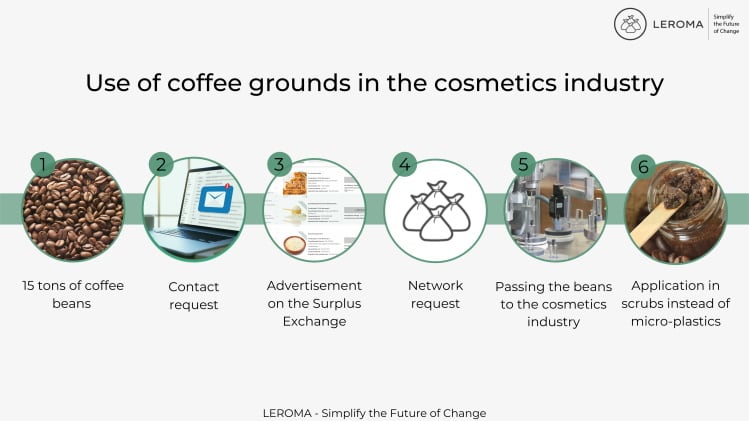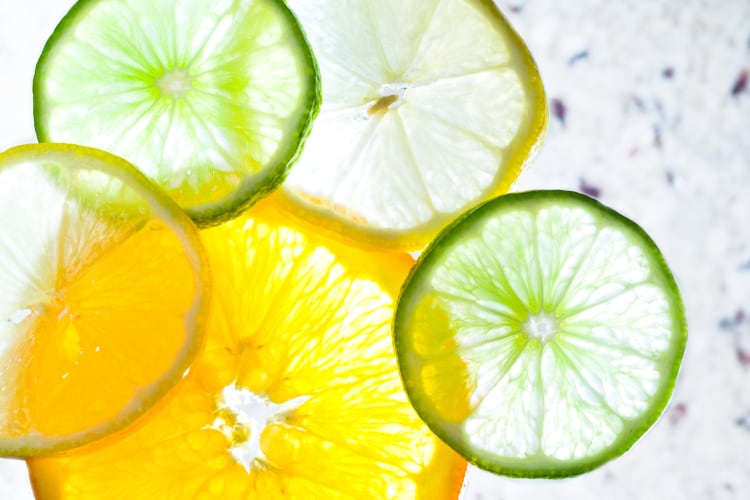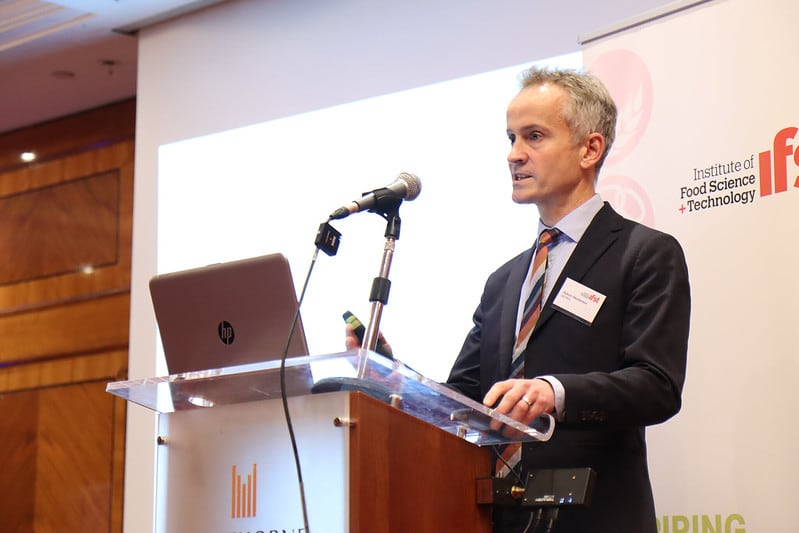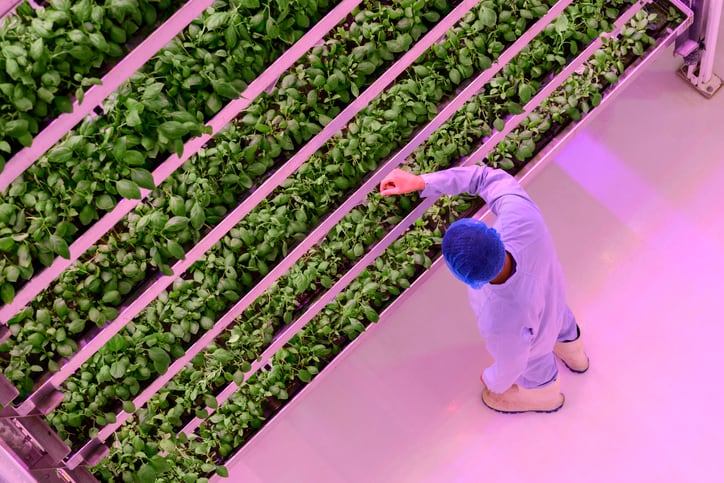With more than 1.6 billion tonnes of food wasted annually, if food waste was a country it would be the world’s third largest emitter behind only China and the USA. Food waste also results in economic losses of US$660 billion globally.
LEROMA is a German start-up that was founded with the intention to change this status quo. Through a B2B digital portal for food raw materials, the company hopes to combat the problem of food waste in raw materials and bring additional transparency to the market.
LEROMA hopes to bring greater efficiency to raw materials sourcing, Communications Manager Helen Dietrich explained.
A B2B marketplace and surplus exchange
The company operates a raw materials sourcing platform and a surplus exchange. Through its business-to-business online marketplace, LEROMA aims to build a bridge between raw material suppliers and food producers. It offers a commodity search engine, with more than 8000 food raw materials in the database. The digital innovator has developed 15 industry groups, with product-specific filters that provide ‘immediately visible’ information on the raw materials and any certification data.
The start-up’s second platform is its surplus exchange, a marketplace for surpluses and residue stocks. Here it hopes to reduce food waste and offer its users savings in procurement costs on ‘occasional deals’.
“LEROMA is a surplus exchange where leftover good quality raw materials that would be thrown away can find buyers,” Dietrich told FoodNavigator. “You don’t have to throw these raw materials away, we would like to pass it on for the circular economy.”
LEROMA’s sales teams help to link side-streams and wasted raw materials with potential customers from across different industries, she explained. “We are a matchmaking platform connecting surplus raw materials with customers.”
To date, the business – which was founded in 2019 – has traded 200 tonnes of raw materials.
Cross-industry innovation
Offering an example of its approach in action, Dietrich pointed to a 2020 trade that saw a cosmetics company purchase 10 tons of coffee beans, which were too dark roasted to be sold under European regulations. The coffee was then used to replace microplastics in the cosmetic group’s peelings.

“It was a winning situation for both,” Dietrich said, adding that the company has become a repeat customer. “A month ago the same cosmetics company bought coffee beans again through our platform LEROMA. This was 10 tons again and from the same supplier. This time the supplier had a surplus, it was not too dark roasted,” she explained.
LEROMA believes that a cross-industry approach is vital to extract maximum value from surplus raw materials or industry side-streams. In addition to cosmetics, the company has seen potato starch used in the chemicals sector to produce glue; lemon juice sold to the cleaning industry; and – perhaps most unusually Dietrich told us – pig gelatine used to create a cover for paintballs that ‘won’t hurt as much’ when they hit you.
“We are making a contribution to reducing food waste and a step forward to sustainability.”



